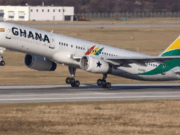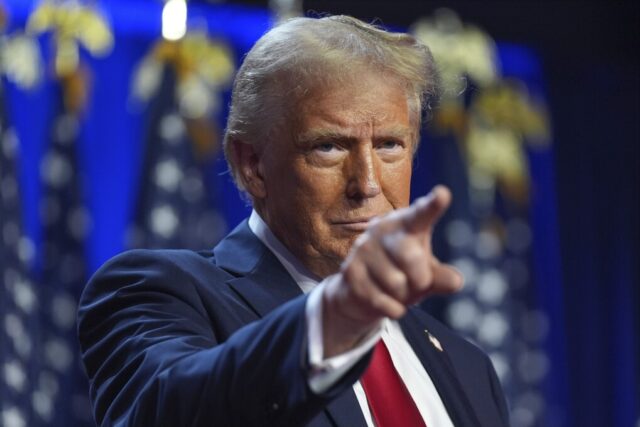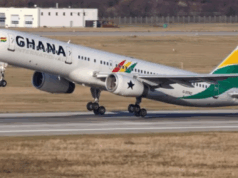By Dominick Andoh | The potential regulatory shifts in U.S. aviation under a Trump administration | With the electoral victory of Donald Trump, aviation analysts believe that there are likely to be some regulatory shifts in U.S. aviation sector.
Gregory Speier, transportation partner at global law firm Reed Smith, notes that under the Biden Administration, the Department of Transportation (DOT) introduced several ‘pro-consumer’ rules and regulations governing the rights of passengers when booking and traveling on commercial airlines.
These rules and regulations, he notes, while heavily publicized by Biden’s DOT to give passengers additional rights and benefits, impose significant challenges to and place heavy burdens on carriers operating in the US.
“While some of these DOT rules and regulations have been, and are, being challenged in U.S. Courts, the return of Trump to the White House may result in the newly appointed Secretary of Transportation amending these rules or withdrawing them altogether. A new Secretary of Transportation may also cease promulgating rules that some may view as unfavourable (or anti-business) to commercial carriers. It is reasonable to predict that, with Trump in the White House, the DOT may engage in less rulemaking on issues of passenger rights. This would be welcomed by US carriers, many of whom view Biden’s DOT as restrictive to their operational flexibility and profitability.
Concerning the environment and sustainability, Speier explains that: "Whether Congress or Trump himself roll back emission standards for carriers, it is believed that U.S. carriers will continue to strive for and work towards the ‘net zero’ goals they have set for themselves. Technological advancements for safe and clean flight will continue to occur over the next four years, and the trend towards more environmental-friendly flight operations is unlikely to go off-track."With regards to aerospace manufacturers in the U.S., who source materials and parts from outside the U.S. Mr. Speier says it is important for them to keep a careful eye on any proposed tariffs that would impact their import operations and potentially hurt their bottom line.
Another area of interest is airline mergers, which were discouraged by the Biden Administration. “In the past few years, Biden’s Department of Justice made headlines concerning its stance against airline mergers. Indeed, it is no secret that Biden’s DOJ aggressively pursued two antitrust actions, which precluded two significant mergers from occurring. Trump’s DOJ may never have brought lawsuits to preclude those mergers from occurring in the first place, and perhaps in the next four years, airlines will explore and entertain possible merger opportunities,” Speier said.
The shift to a Trump administration, Speier notes, could mark a distinct reversal in recent regulatory approaches within the U.S. aviation and transportation industries.
“By scaling back pro-consumer regulations, revisiting environmental mandates, and adopting a less aggressive antitrust stance, a Trump-led Department of Transportation and Department of Justice would likely seek to reduce constraints on commercial carriers and promote industry profitability. While such changes may be welcomed by airlines and aerospace manufacturers, they would represent a shift away from current consumer protections and climate-focused policies,” he said.
AviationGhana | The potential regulatory shifts in U.S. aviation under a Trump administration
























